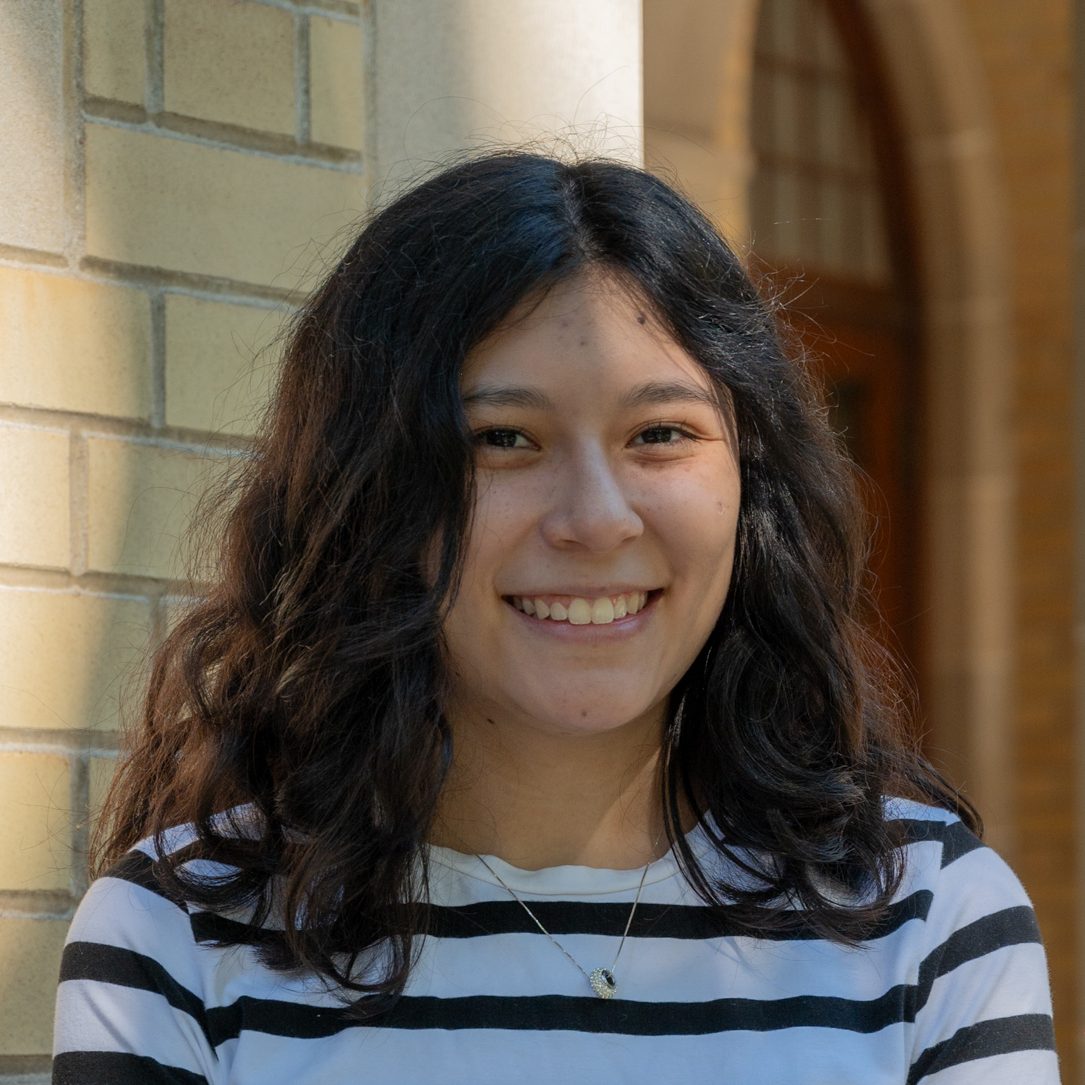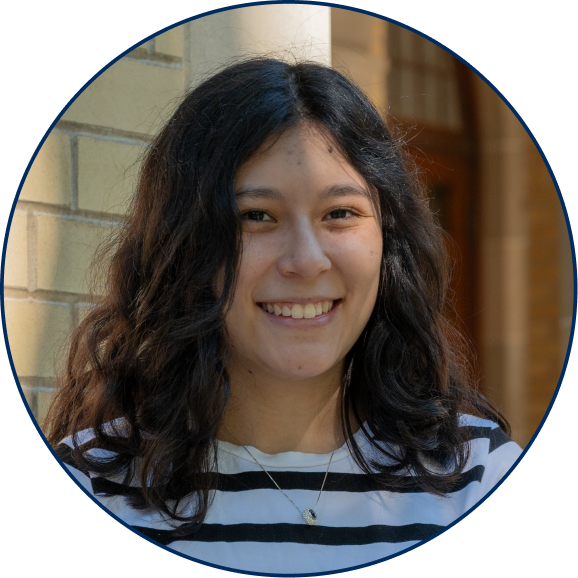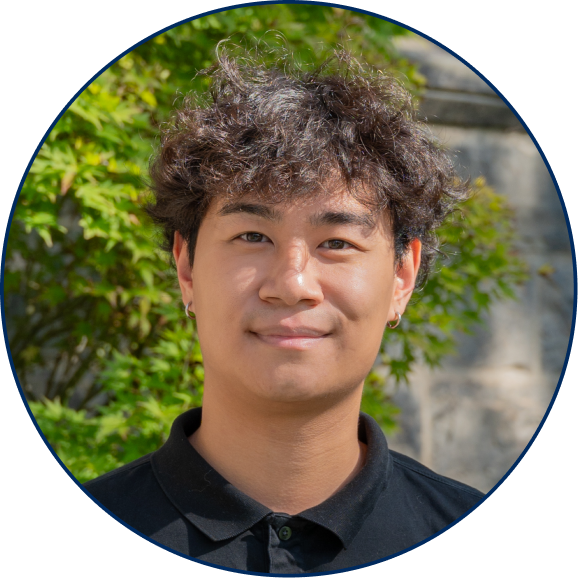

February 20th is the World Day of Social Justice. In this blog post, Manuela, Breanna, and students at the Innovation Hub discuss what social justice means to them, its importance, and how to achieve it.
Written by Manuela Mora Castillo, Blog Editor & Content Writer, Honours Bachelor of Arts, Political Science and History Double Major, Latin American Studies Minor and Breanna Lachmanen, Qualitative Data Archivist, Honours Bachelor of Arts, Criminology and Sociolegal Studies and Philosophy Double Major.
In 2007, the General Assembly of the United Nations declared February 20th as the World Day of Social Justice (WDSJ). Drawing from the work of the International Labour Organization (ILO), the United Nations defines social justice as the “fair and equal treatment for everyone” (Yarde 2023). It demands equal access to opportunities, equality of rights, social dialogue, and social protection to guarantee that everyone—regardless of their social, economic, and geographic circumstances —is able to live a fulfilling life. As a result, the WDSJ positions equality, social development, peace, and security as the main values entrenched within social justice work, reaffirming that respecting and protecting human rights is fundamental to achieving social development (United Nations, n.d)
There are many approaches and contrasting opinions to how we go about defining and achieving social justice, which is why it is necessary to examine how we relate to the UN’s call for equality. At the Innovation Hub—which places social justice at the heart of its work—Breanna and I reflected on what social justice means to us. After sharing our different perspectives, we were interested in hearing our colleagues’ opinions, and we asked them the following question: What does social justice mean to you?
Social Justice: A Change in Perspective

Throughout my (Manuela) university experience, I have noticed that our understanding of social justice can be shaped by how we first encounter it. For me, it is through lived experiences in my everyday life, where inequalities between different social groups affect all types of social interactions. Once I recognized injustice as such, I was unable to ignore it; I was aware of the moments where different expressions of inequality altered the environment that surrounded me, and it became my responsibility to do something about it.
I see social justice as more than just actions—it is a change in perspective. It’s almost like wearing a new pair of glasses that helps you see the world’s complexities, recognizing that inequality is an issue that continues to persist in contemporary times. I think of social justice as the ability (and the desire) to recognize invisible barriers, even if they are transparent and hard to identify. It is centered on fostering empathy and creating transformative change by partaking in the transformation of a system that has room for growth.
At U of T, I have had the pleasure of encountering student groups that position social justice and advocacy at the center of their mission. By seeking to improve the student experience, these organizations perform on-the-groundwork that is not covered in our classes, as they champion equality inside and outside lecture halls. It is through these communities that I have learned a lot about pursuing social justice in a tangible manner, as our ideas converge on the importance of encouraging others to change their perspectives.
Social Justice: A Desire to Learn

For as long as I (Breanna) can remember, I have always enjoyed school. I looked forward to learning new things about the world and educating myself on topics I would not have known prior. During my undergraduate studies, I became aware that discriminatory barriers often arise from underprivileged socioeconomic conditions, injustices, and limited access to opportunities for asserting equal rights. Addressing these obstacles requires endeavor and systemic reform. To me, social justice means assembling strong foundations and fostering collaboration to dismantle inequities.
My passion for learning has fueled my desire to understand the imbalances in education that persist. I believe knowledge is something so valuable and an element you can never put a number on. I am grateful to have access to quality education from the University of Toronto and to take courses that lead me toward social activism and humanitarian rights. However, I know this is not the case for everyone—around the world, some individuals dream of education but do not have the funds to access it. I believe having fair and equal paths to education can lead to an equitable society where everyone can achieve their full potential, regardless of their background. With this in mind, we can create a future where education empowers every individual to reach their fullest potential.
Social Justice: Standing Up for What is Right
To learn more about what our colleagues thought, Breanna and I facilitated a space for members of the Innovation Hub to share what social justice means to them, encouraging all of us to recognize the multiple expressions it can have.

Catherine Amoguis, Qualitative Data Archivist, shared that she feels “social justice means making sure the world is an equitable and fair place in terms of resources such as education, housing, wealth, and more. Achieving social justice is not just about the goal, but the process of how we can all get there and help others. To help others and be selfless is the most important part of achieving this—whether it is a small or big deed.” To Catherine, the path we take to achieve justice is as important as the end goal.


Similarly, Ryan Wong, Graphic Designer, and Sophia Cadelina, Graphic Designer, discussed how social justice is crucial to furthering people’s access to new opportunities and increasing people’s well-being. Ryan said that “social justice is standing up for what is right. Whether it is economic, political, or social, we need to stand up against the injustices in the world,” while Sophia thinks that “social justice means diversifying opportunities so that everyone attains their political, social, and economic needs.” Standing up for social justice is not easy, and at times it requires more than a conversation; it is about confronting our fears in favor of advocating for others.

Finally, Ruth Rodrigues, Research Lead & Program Coordinator for UTQAP, shared that she encounters social justice in her everyday life. Ruth says, “In my day-to-day, I see social justice as an ongoing commitment to empathy. I think social justice is often thought about on a large scale, but it can also be about how your interactions can positively impact how equitable your immediate environment is.” Social justice can be found in the small actions, reminding us that it is not necessary to participate in big and ambitious organizations to create change.
Ultimately, these discussions illustrate the diversity in understanding and approaches to social justice, which can overlap, contradict, and support each other. The WDSJ encourages us to embrace and appreciate this variety as an opportunity to strengthen our individual commitments to social transformation. After all, even if our colleagues have different perspectives about what social justice means, we all hope to make the world a better place, and we can find common ground in pursuing a similar goal.
Looking Ahead
The World Day of Social Justice is a day that encourages people to recognize the importance of their own actions. It invites us to engage in small changes that can have a big impact, such as participating in community advocacy or educating ourselves on the circumstances of other people around the world. We must change our perspective when approaching cultures, places, and situations foreign to our own, as embracing different experiences can help us create welcoming spaces that celebrate differences and promote equality.
The truth is, there may be no one-size-fits-all solution to the problems of injustice the United Nations lays out. Instead, we can consider the multiple ways to contribute and properly address these needs. Today, we remind each other that the World Day of Social Justice goes beyond celebrating the achievements of the past; it asks us to consider the possibilities for the future.
Reference List
United Nations. (n.d). Advancing social justice. United Nations. https://www.un.org/en/observances/social-justice-day
Yarde, R. (2023, June 1). Why there needs to be social justice for all. UNToday. https://untoday.org/why-there-needs-to-be-social-justice-for-all/
0 comments on “Looking Towards the Future: Celebrating the World Day of Social Justice ”